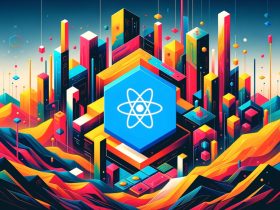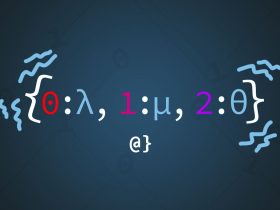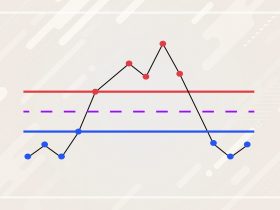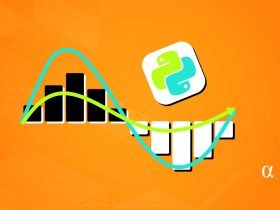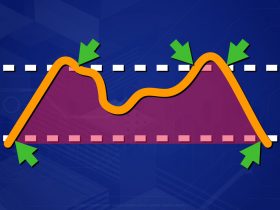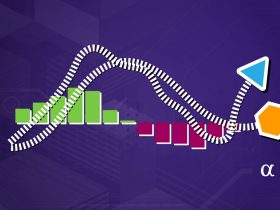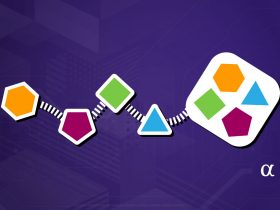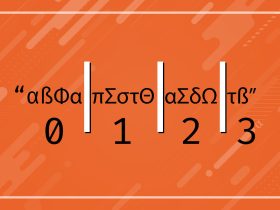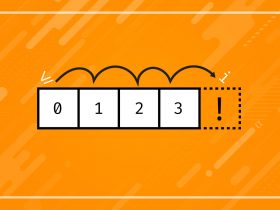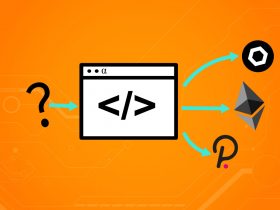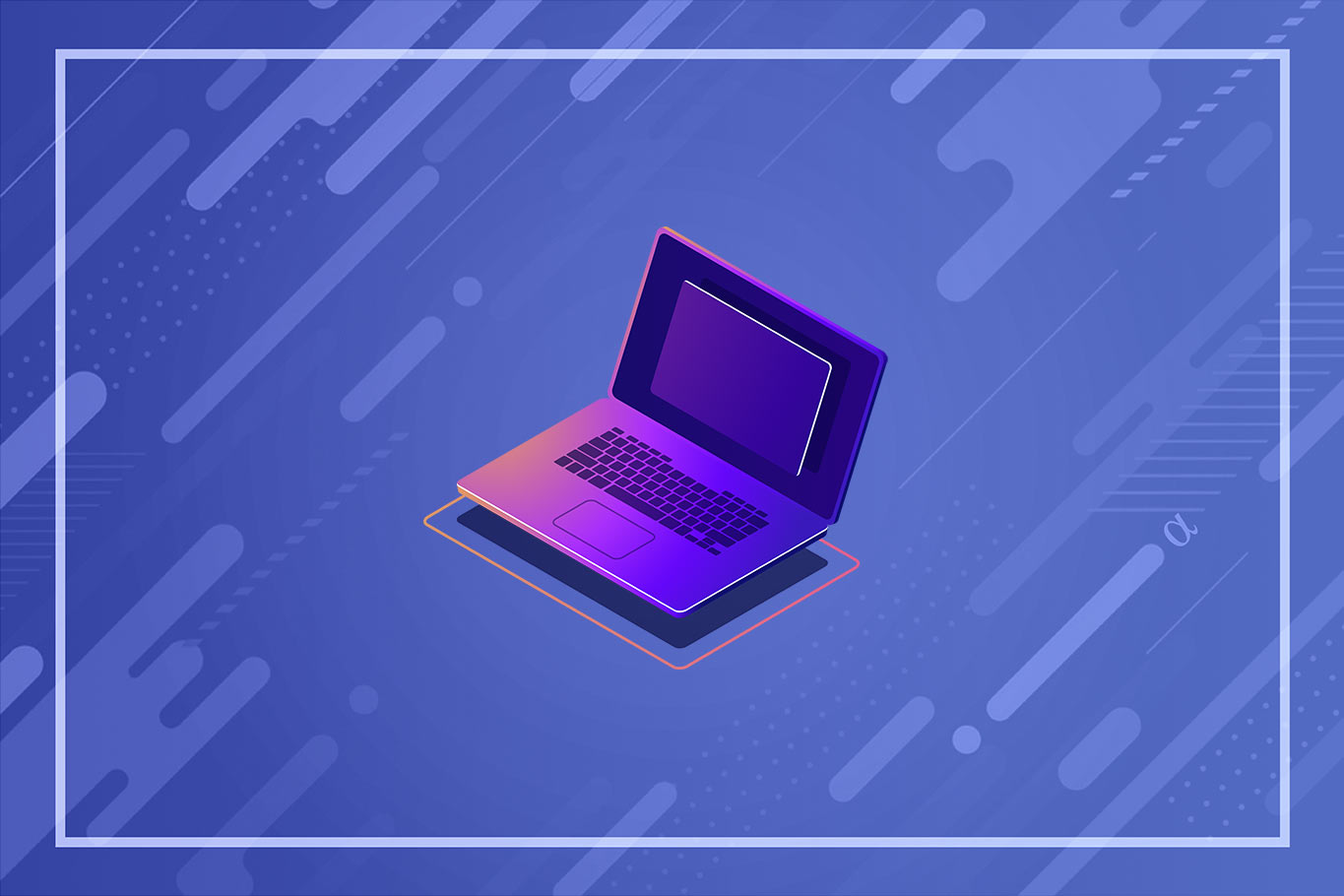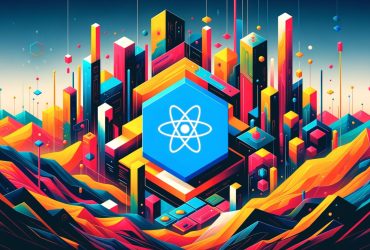The best Laptops for Computer Science students unlock your true potential as a programmer. We put together a selection of Laptops that feature critical hardware components and ease-of-use features that will streamline every coding and studying session ahead of you!
The best Laptops for Computer Science Students will help you land tremendous job opportunities and access degrees at almost every level. Computer Science itself covers your practical two-year and four-year degrees, all the way to Masters and PhDs for those interested in groundbreaking research.
There are also many sub-specialties within the Computer Science field, which makes it harder to find an “all-encompassing” laptop that can tackle the specific needs of each field. Most decide to purchase a versatile Laptop capable of navigating most, if not all, of this vast field of study and its numerous options and paths.
The Best Laptops for Computer Science Students
We put together a list of the Best Laptops for Computer Science Students by focusing on critical components such as CPU, RAM and Storage while also taking into account important quality of life features such as monitors, battery life, keyboards and GPUs.
These laptops will run different operating systems, compile and test your programs locally, tackle web development tasks, and even run multiple virtual machines while using your everyday apps. You’ll also comfortably type and easily visualize as many lines of codes as possible on its ample monitors. We’ve also included budget-friendly options for those who wish to assemble dual-monitor setups in small dorm areas.
Windows-Linux-Mac OS for your Laptop
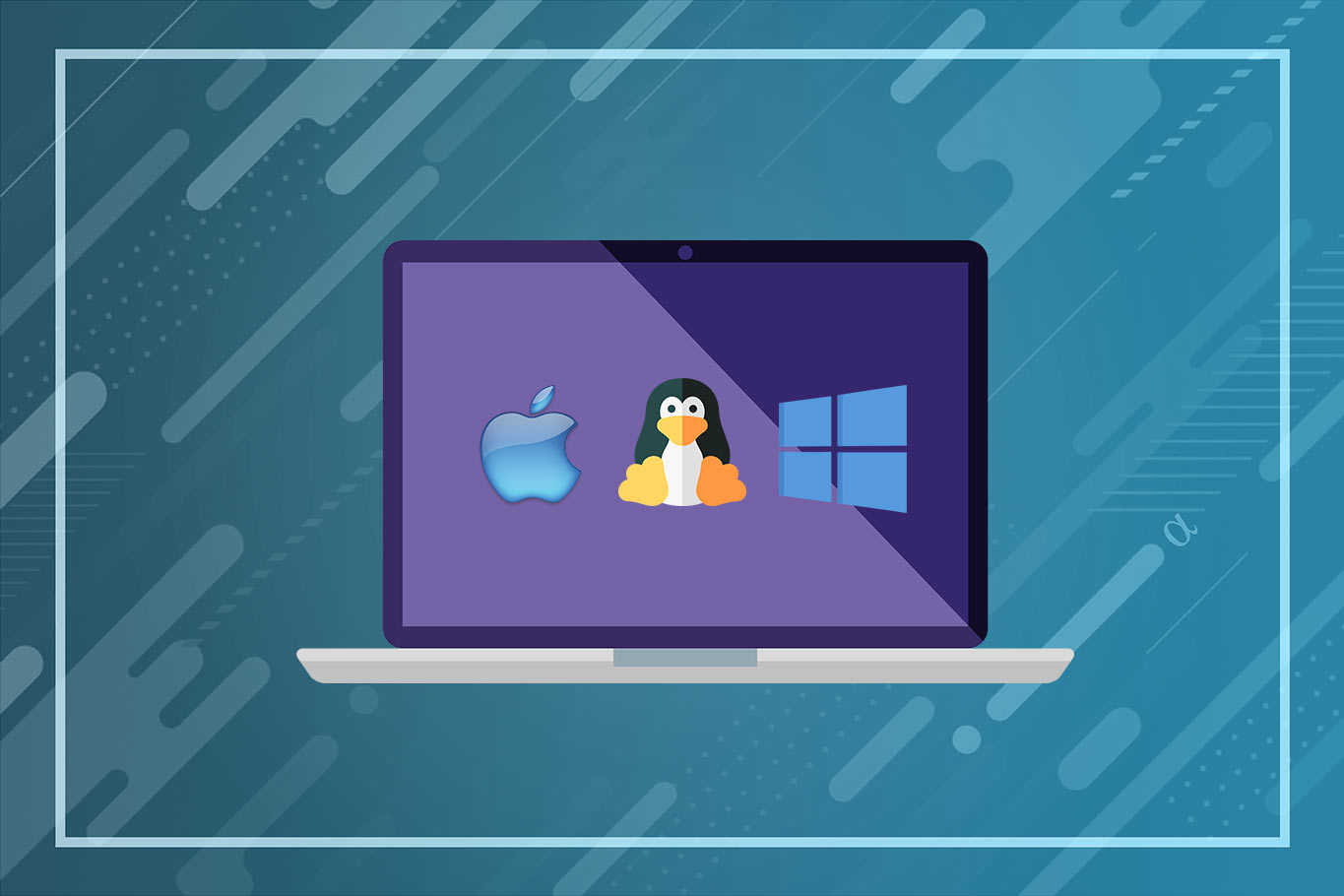
Each OS has its own set of Pros and Cons depending on what youd like to achieve as a Computer Science student, which is why we included a Windows-Linux-Mac Considerations section right beneath our Laptop Candidates. However, you can install all three OS (Windows, Linux, and macOS) in every model featured in this piece! It’s only a matter of having enough Storage space to install and run them.
When it comes to MacBooks, if you want to run all three OS (Linux, Windows, and macOS) on your MacBook, the first thing you need is plenty of SSD space. You can install each OS via Boot Camp, but you can also do it by using your Disk Utility tool. Installing a Linux distribution can be as easy as following this HelloTech quick guide which explains each step-in detail (SPOILER ALERT: It’s Super Easy!).
Likewise, installing Windows is as easy as following this Apple Support quick guide. Apple nailed it a few years ago by introducing its Boot Camp Assistant tool, and in their piece, you’ll find everything you need and a step-by-step formula to install Windows on your MacBook.
Installing macOS on a Windows laptop takes a bit more steps, but you can still easily pull it off by following this thorough wikiHow guide. Yes, it might take you longer, but such is the cost of proceeding in a safe-fail manner.
Last but not least, installing a Linux distribution on a Windows laptop is a more straightforward process. There’s a Hellotech quick guide for Ubuntu, but if you’re interested in other Linux distributions such as CentOS, LinuxMint, or OpenSUSE, check this detailed Guru99 guide instead!
Best Laptops for College Students Under $500: The CHUWI CoreBook Xpro
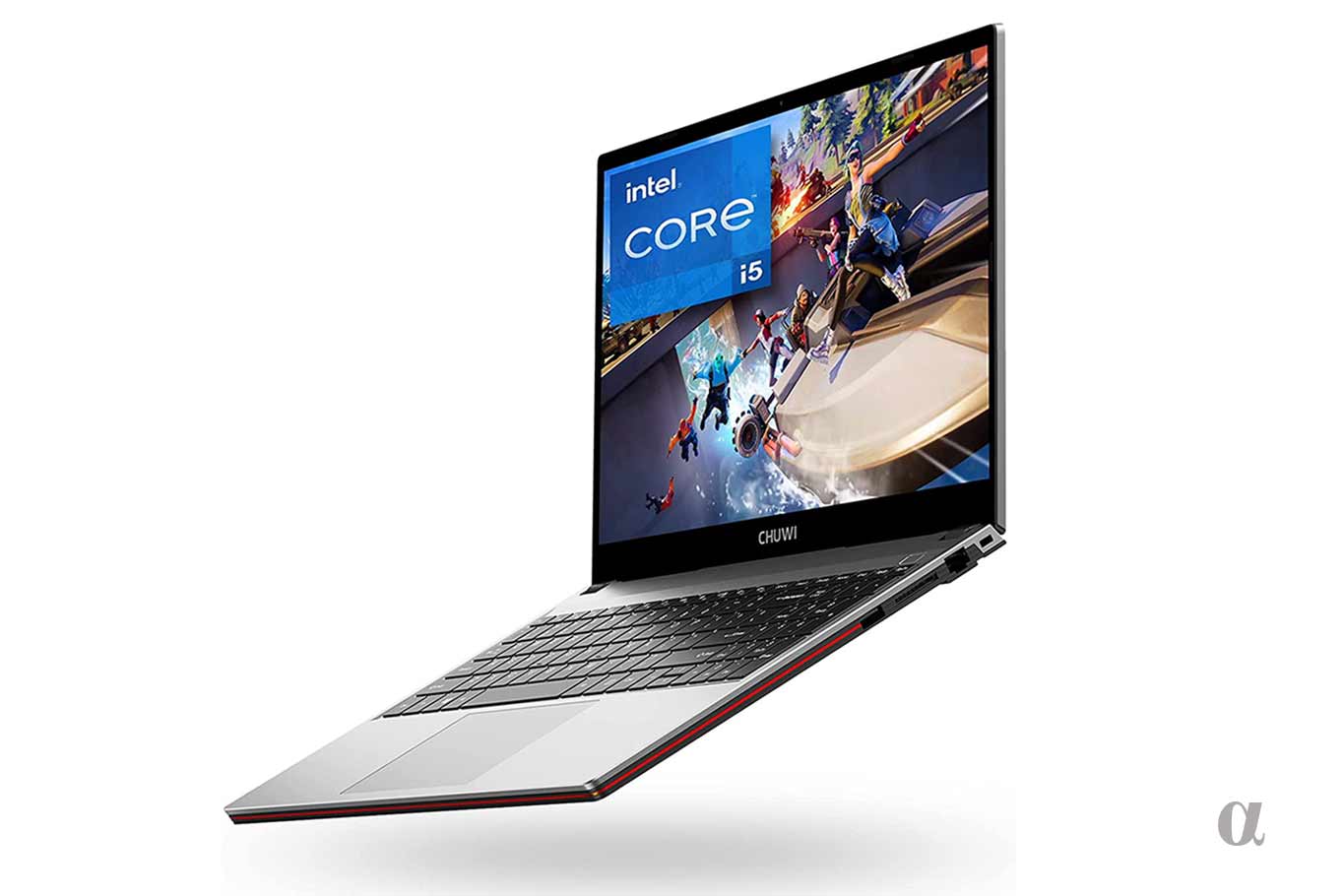
The CHUWI CoreBook Xpro is hands down one of the best laptops for college students under $500 and a super cost-effective solution if you’re tight on money. For less than 470 bucks, you get a fast and efficient i5 processor, a 15.6-inch gaming monitor (yes, you read that right), and half a Terabyte of SSD space!
- Price Range: Less than $350
- CPU: Intel Core i5-8259U
- RAM: 8GB 3200MHz DDR4 RAM (Expandable to 16GB)
- Storage: 512 GB SSD
- Battery Life: 7-8 hrs. of higher workloads or 10-12 hrs. watching videos only
CPU & RAM
This affordable notebook comes with one of the best 8th Generation i5 processors that Intel has ever produced. The multi-thread performance of this popular processor edges out both the newer 10th gen Core i5-1035G1 and even an i7-1065G7 CPU, which speaks volumes about its multitasking power.
Coding with Visual Studio Code will be a smooth and responsive experience even if you have multiple projects open and other programs running in the background. You can seamlessly run popular PHP development environments such as XAMPP for debugging and testing, which is great.
Another strong point for considering the CHUWI as one of the best laptops for college students under $500 is that you can upgrade its RAM by up to 16 GB. By doubling its RAM, you’ll significantly increase your notebook’s daily work speed and ability to run multiple virtual machines (VMs) for your CompSci projects.
Storage & Battery
The best laptops for college students under $500 are known for keeping costs down while offering a combination of key hardware components (CPU, RAM, Storage, Display) that CompSci students need. The CHUWI checks all these boxes by adding 512 GB of SSD space to keep compiling, testing, and programming tasks as smooth as possible.
SSDs provide better reliability, lower power consumption, and support your RAM and CPU when running work apps, virtual machines, and even games. You can also dd another 512 GB SSD and expand its RAM if you want to take your storage and speed to the next level. Many CompSci students do this to extend their work tool’s lifespan and long-term relevance.
Last but not least, this cost-effective notebook might not give you the same battery life as a MacBook, but it still pulls off almost 8 hrs of heavy work thanks to its decently large 70 Wh battery. Plus, it comes with a small power brick for better portability!
Important Considerations
A strong argument in favor of considering the CHUWI XPro as one of the Best Laptops for College Students Under $500 is its IPS monitor. You get the same 15.6-inch panel featured in gaming laptops such as the Asus TUF Gaming F15 FX506HM or Acer Nitro 5 AN515-55 and that sweet 120Hz refresh rate for a smooth gaming experience during study breaks.
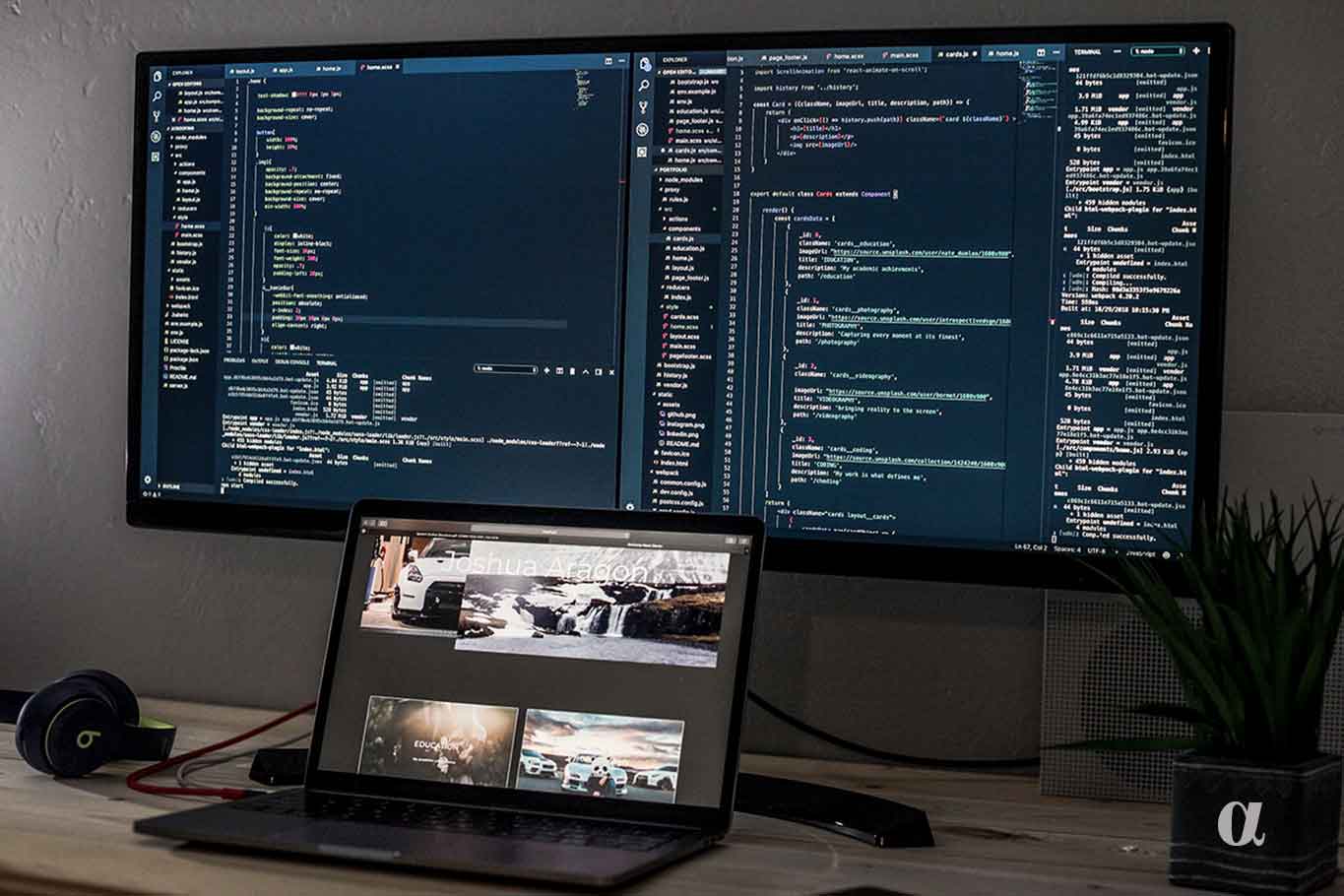
Seeing a 120Hz panel on a budget laptop is a rarity, and it helps you save some extra bucks that can be better invested in a high-quality 27-inch monitor to set yourself an excellent workspace in your dorm. Only the best Laptops for College Students Under $500 would give you enough flexibility to quickly perform tasks from class to class, boost your productivity on a desk setup, and make it easy to watch series and movies while snuggling on your dorm couch!
Best Laptops for CompSci Students: The Lenovo IdeaPad 5 14IIL05
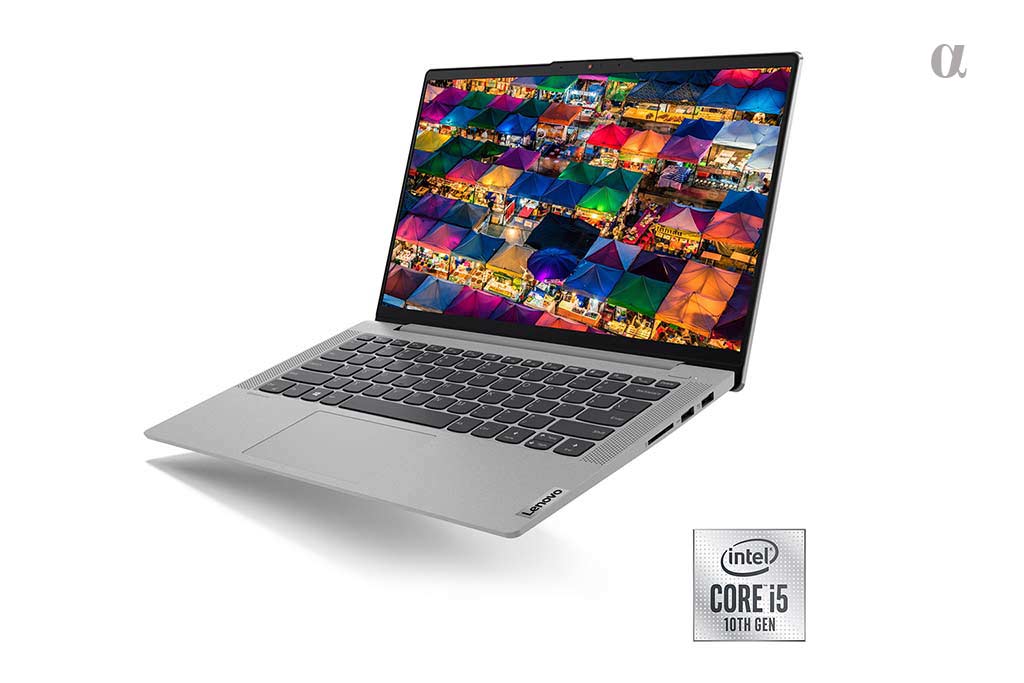
The Lenovo IdeaPad 5 14IIL05 is hands down one of the best laptops for college students on a shoestring budget. Most CompSci freshmen don’t need a high-end processor to tackle their career’s initial projects, at least not for the first couple of years. This Lenovo model, however, can work wonders even if you take some early game or software development classes.
- Price Range: Less than $500
- CPU: Intel Core i5-1035G1
- RAM: 8GB 3200MHz DDR4 RAM
- Storage: 256 GB SSD
- Battery Life: 7-8 hrs. of higher workloads or 10-12 hrs. watching videos only
CPU & RAM
This Lenovo model gives you quite the bang for your buck, especially when you realize how much high-quality hardware you’re getting for less than $500. For starters, the 14IIL05 comes with a 10th generation i5 processor, packing 4 cores (8 threads in total), each with a max frequency of 3.6 GHz.
With an i5 processor, you’ll get all the processing power and efficiency needed to compile, debug and run virtual machines. The best part is that its fan is pretty quiet and keeps your Laptop and surrounding area from getting uncomfortably hot. This is quite an underrated feature, especially if you’re the kind of person who enjoys gaming sessions after a hard day of coding.
For everyday tasks such as browsing StackOverflow and running Office and iWork programs, the Idea pad’s 8GB of RAM is more than enough. You can do some basic mobile and web development, writing and compiling on VS Code, and even programming an Arduino.
What’s more, it’s not until you start running modern IDE for complex app development (while running everyday apps simultaneously) that things start to run a bit slow. Nevertheless, it’s a reasonable compromise to make for one best laptops for college students in the early stages of their careers.
Storage & Battery
The Lenovo IdeaPad 5 14IIL05 comes with a 256 GB Solid-State Drive that offers superior boot times, faster application loading times, and better system responsiveness than a regular HD. The Lenovo Ideapad 5 offers more storage capacity than its similarly-priced competitors, making it a top pick amongst CompSci students.
With the 14IIL05, you get double the storage space of any 128GB notebook, meaning you’ll be able to keep and run a lot more software locally. To get the most out of your 256 gigs of SSD space, we recommend getting an External Hard Drive so you can store as many videos, pictures, tracks, and non-critical work documents as you need (more of this at the end of this piece).
In terms of battery life, this IdeaPad shows an impressive range of 10 to 12 hours of autonomy. With that many hours, you have more than enough juice to get you through a day of classes. Thanks to the power-efficient nature of its processor and SSD, you’ll probably even have enough battery to watch a movie on a bus as you’re heading home.
Important Considerations
The Lenovo IdeaPad 5 14IIL05 features a sturdy and slim aluminum chassis that houses a highly responsive tactile keyboard. On top of being quiet to the touch (none of that loud mechanical keyboard noise), this model also has a backlit keyboard function with fully adjustable brightness. This neat little feature allows you to pull all-nighters without straining your eyesight, which is perfect if you often find yourself a little behind on your lessons!
This notebook also has a 14-inch monitor with a non-reflective, matte display. The IPS panel on this IdeaPad makes it excellent for studying or discussing your work with classmates on your campus outdoor spaces, allowing you to set a full HD 1920 x 1080 resolution.
Furthermore, if you love working on a dual monitor setup back at your college dorm: you can use the HDMI output or the DisplayPort via the single USB-C port on its side! Similar to the previous model in our best laptops for computer science students selection, we recommend getting a handy cordless USB hub to get some extra USB 3.0 ports for your daily hustle.
Affordable Laptop for Computer Science Students: The HP Pavilion 15
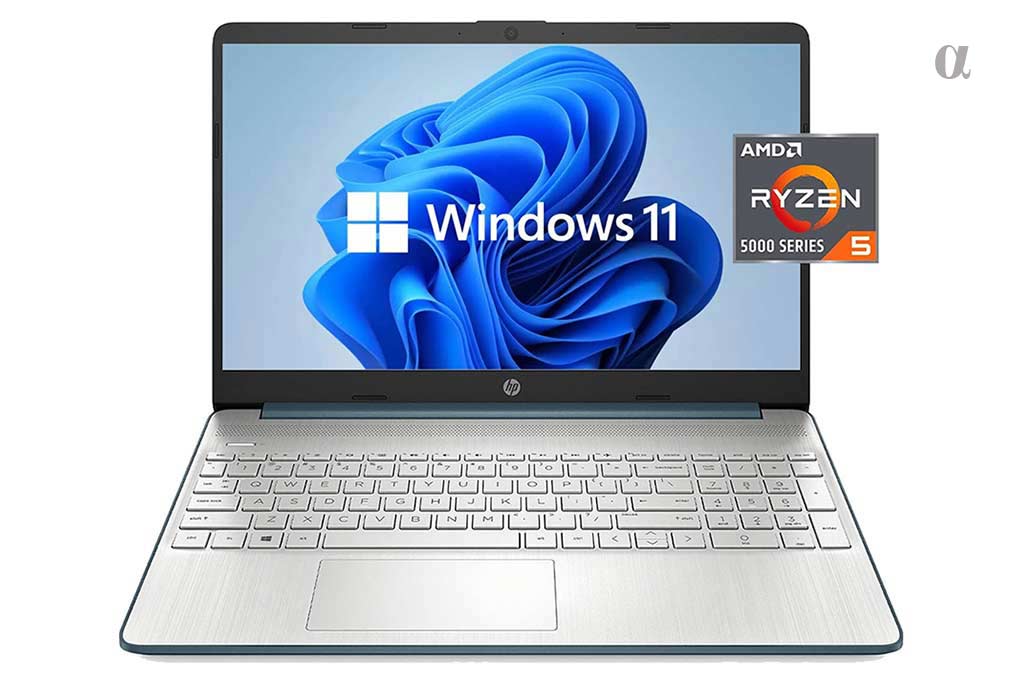
The HP Pavilion 15-EH1103AU features a selection of high-quality under the $650 price tag. The impressive Ryzen 5-5500U CPU, 16 GB of Dual-channel DDR4 RAM, and a crisp-clear 15.6-inch monitor make it one of the best laptops for computer science students on a budget.
- Price Range: Less than $650
- CPU: AMD Ryzen 5 -5500U
- RAM: 16GB DDR4
- Storage: 512 GB SSD (Expandable to 2TB)
- Battery Life:7-8 hrs. of higher workloads. 10-11 hrs. watching videos only
This Pavilion model is a significant improvement to our last IdeaPad, with double the SSD storage, a 15.6 IPS monitor with a richer color spectrum, and a stylish spruce blue case color that blends in nicely with grey headphones and external hard drives.
CPU & RAM
The AMD Ryzen 5 -5500U will have no trouble chewing through any workload, be it compiling code, developing java software, or testing concurrency. This laptop’s CPU is paired with 16GB of RAM, allowing you to run multiple virtual machines on demand.
If you’d like to play a game or two in-between study sessions, you’ll be glad to know that your HP Pavilion will offer similar performance to early i7 processors. For instance, you can expect to draw 90 FPS on average whenever you run GTA V on high settings, which is nothing short of impressive.
The HP Pavilion 15-EH1103AU comes with 16GB of Dual Channel DDR4 RAM from two 8GB, 3200 MHz sticks. Combine the latter with a Ryzen 5-5500U CPU, and you’re looking at one of the best laptops for Computer Science Students on a budget.
Keep in mind that running a single virtual machine needs at least 6GB of memory, leaving up to 10 GB free for breezing through everyday workloads such as running MS Office, using Discord, and browsing through multiple tabs.
Storage & Battery
This Pavilion notebook outclasses the Lenovo IdeaPad in terms of storage, giving you 512 GB of SSD space. This highly efficient SSD speeds things up when programming and compiling in Java or running virtual machines locally.
CompSci students often store more data than your average laptop user. You’ll be downloading large frameworks and loading megabytes of data into your programs, all of which are time-consuming activities that your SSD will help you execute. This notebook comes with half a Terabyte of storage, which makes it a strong candidate among the best laptop for Computer Science students on a budget.
Like other laptops within its price range, the HP Pavilion 15-EH1103AU offers up to 8 hrs of use while handling demanding workloads. Battery life tends to skyrocket a laptop’s price tag, so HP balanced battery life and essential components to create a cost-efficient solution for CompSci students.
As long as you charge your Laptop in-between classes, you’ll be golden! Further down on this piece, we recommend a lightweight but effective solution to keep the Best Laptops for Computer Science Students fully charged!
Important Considerations
This Pavilion notebook comes with a full-size keyboard that feels soft to the touch (the keys are pretty silent, which is a plus for many programmers). The low-profile design feels natural, and the default key travel distance helps avoid unnecessary typos that ultra-sensitive keyboards tend to cause. The trackpad is also pretty large, which many users tend to favor, but we’d still recommend using a wireless mouse for everyday use.
The New HP Pavilion also comes with a 15.6-inch monitor and a glossy IPS panel that boost text clarity. This last bit is excellent for coding as you’ll get plenty of pixel density, so your lines of code don’t look grainy from odd angles. This is a highly underrated feature for students that like to collaborate in group settings.
The Best Laptop for Engineering Students Under $800: The Dell Inspiron 15
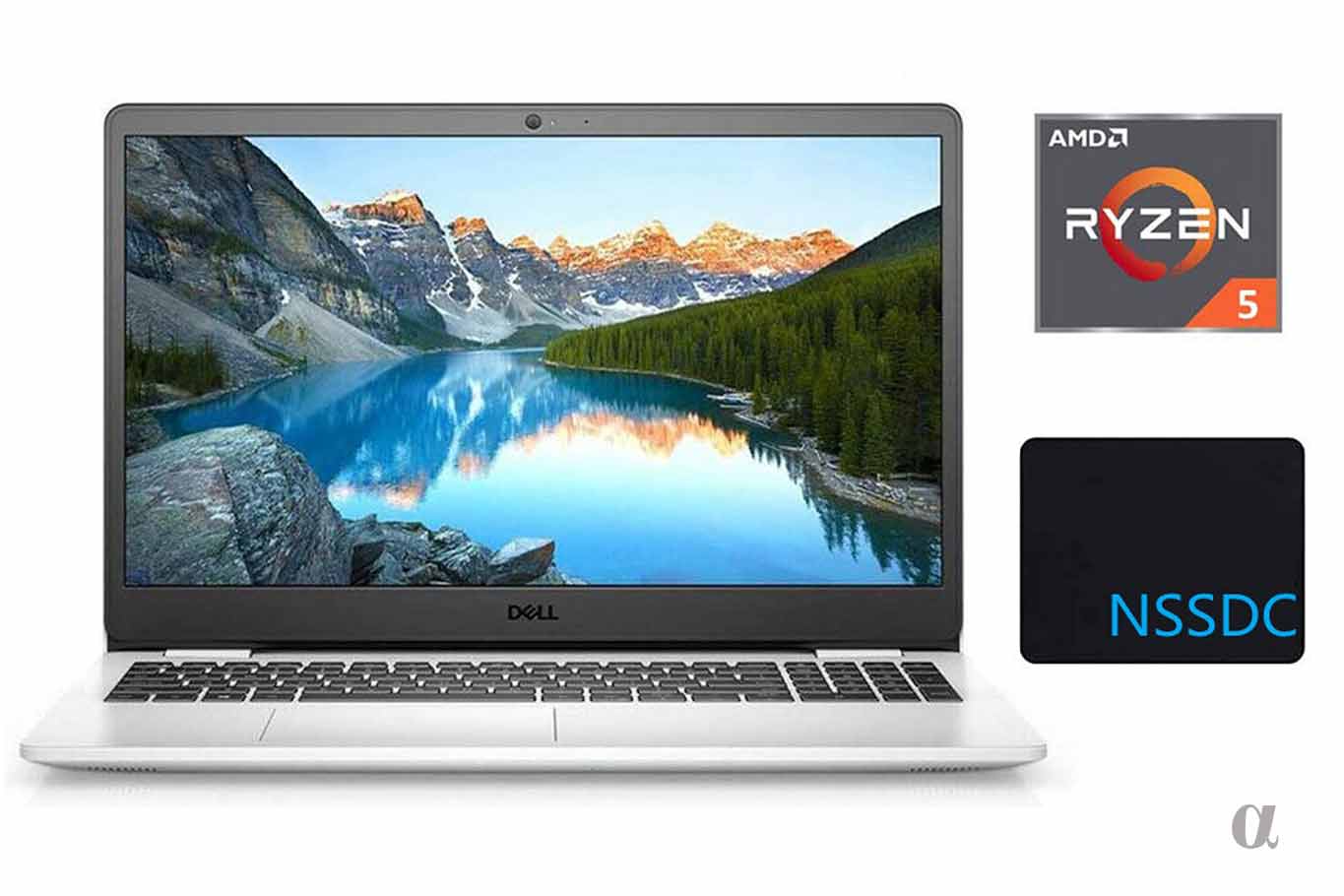
The New Dell Inspiron 15 3000 is a powerful and stylish notebook that offers quite the bang for the buck as one of the best laptops for Computer Science students under $800. With a Ryzen 5 processor, 32 Gb of dual channel RAM, 512 GB SSD, and an impressive 15-inch display, this lightweight laptop is a fantastic investment for CompSci students.
- Price Range: Less than $800
- CPU: AMD Ryzen 5-3450U
- RAM: 32GB Dual Channel DDR4 Memory Sticks
- Storage: 512 GB SSD
- Battery Life: 7-8 Hours
CPU & RAM
The AMD Ryzen 5-3450U is undoubtedly a high-end laptop feature. This powerful processor is built for thin and light laptops, bringing 4 cores and 8 threads so you can program automated tests and build large projects in compiled languages such as C, C++, or Rust.
It’s also common to have tons of additional applications open while coding. You’ll often find yourself with multiple browser tabs open as you research functions, an IDE, or language documentation, and the last thing you’ll want to deal with is slow alt-tabbing and subpar system performance. The two 16GB dual channel RAM sticks keep your workflow optimized and smooth as you successfully debug your programs.
With such a beefy CPU and spare RAM, you can engage in machine learning tasks and run multiple VMs. You’ll also run workflow management tools like it’s nothing and even dabble in some graphic design stuff in your spare time without a hitch!
Because of its massive CPU and RAM capabilities, this Dell model is one of the best laptops for Computer Science students looking for a long-term investment that’ll last throughout their whole career path.
Storage & Battery
Having 512 GB of SSD storage space is a safe bet for anyone looking to become a full-stack developer. You’ll be able to locally run Oracle, WebSphere, JDK, IDE, and Docker on top of your OS while leaving that minimum of 10% of unallocated free space for your SSD to perform its background cleanup tasks.
The more storage you can get from your laptop, the better. Dell made it easier for everybody to access this notebook’s components and do things like replacing their SSD and RAM sticks. Later down the road, you can use some spare money to upgrade your SSD storage capacity to 1TB or get an external Hard Drive for non-critical work files.
Important Considerations
This Dell laptop also comes with an AMD Radeon GPU that keeps things snippy while using your dorm’s dual monitor setup. The notebook’s 15.6-inch display has that lovely 1080p display with a maximum refresh rate of 120Hz.
The brightness on its main display only reaches 240 nits (400 nits is recommended for outdoor environments), but it’s still perfect for having a clear and crisp vision of code and wall-of-text type documents.
The keyboard feels great too! It has that medium-range actuation force that mechanical keyboard fans love, minus the click-clack that follows. While this utilitarian design is more than serviceable, we recommend you check out our selection of the best Razer keyboards for the truly ergonomic and premium experience you deserve.
The Best Laptop for Computer Science Freshmen: The Acer Swift 3
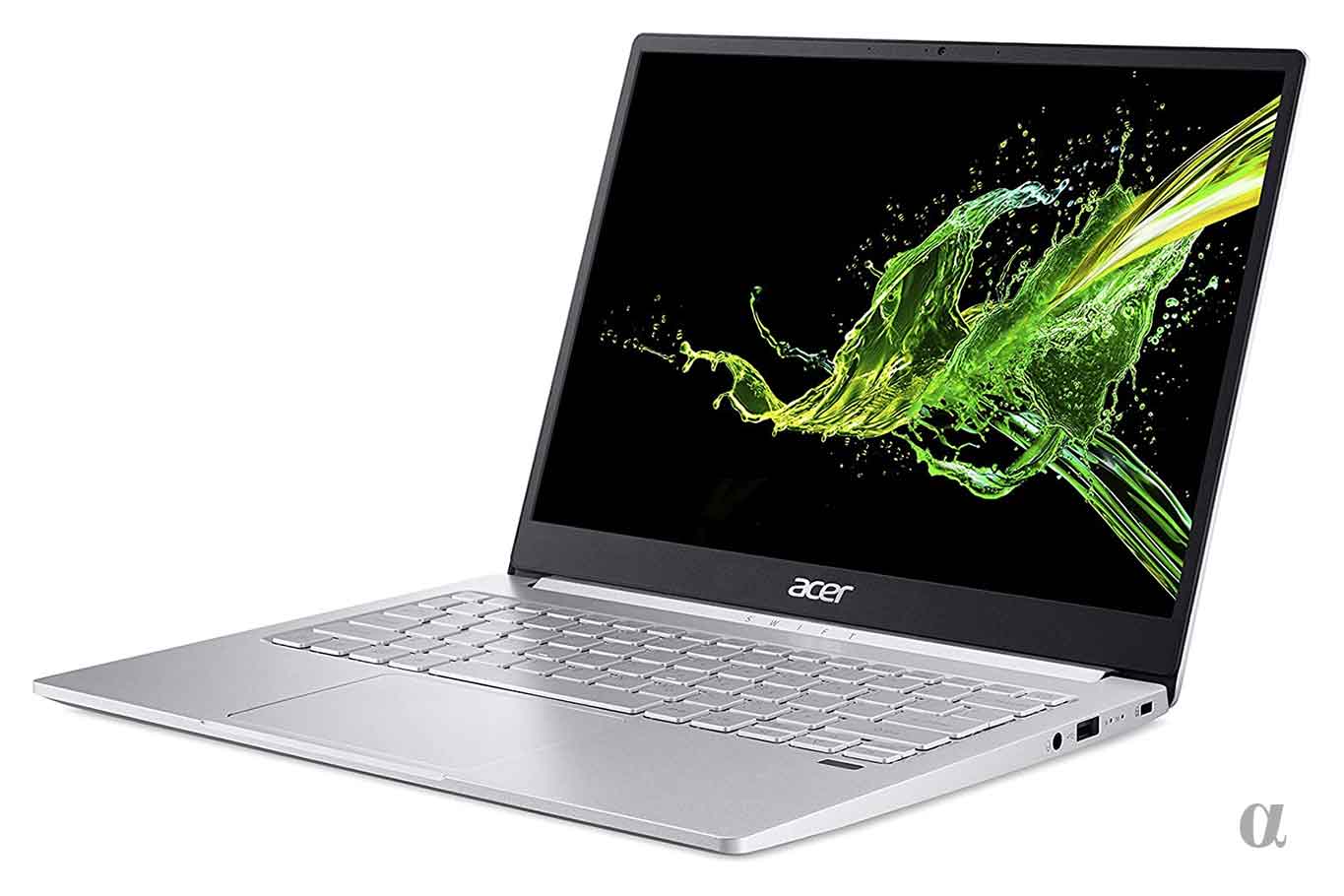
The Acer Swift 3 SF313 combines a very portable, lightweight design with premium components such as its powerful CPU, a gorgeous IPS LED monitor, and impressive battery life to top it all.
- Price Range: Less than $800
- CPU: Intel Core i7-1165G7
- RAM: 8GB DDR4
- Storage: 512 GB SSD
- Battery Life:9-10 hrs. of higher workloads, 15 hrs. watching videos only
This model stands as one of the best laptops for computer science students because of its 3:2 aspect ratio display (supported by an Iris Xe Graphics GPU). A screen’s aspect ratio is the relationship between its height and width, which means the Acer Swift 3 monitor gives you three pixels wide for every two across, significantly expanding the height of your screen.
Why is this important for CompSci students? Because the more code you can see, the better. Programming entails a lot of problem-solving, so seeing as much code as possible makes it easier to see how your lines of code connect with one another (especially during long debugging sessions).
CPU & RAM
The Swift 3’s Intel Core i7-1165G7 processor has everything you’ll need to get you through your bachelor’s degree: huge cache size and plenty of cores. 12MB is an ideal cache size for keeping as much data as possible closer to your processor, so it can readily access it while running programs. Furthermore, 8 cores with up to 4.7 GHz of clock speed lets you run more programs simultaneously (and switch between them more quickly).
Even though you don’t need an i7 CPU to code and build software, having one really helps when you learn to use programs such as HoloLens Emulator. Plus, an i7 CPU doubles the speed for long-running compiling tasks compared to i5 processors, which makes all the difference in the world every time you change a line header in C++ and need to recompile the entirety of your code.
To keep this reliable laptop at such a great price, Acer limits this model to 8GB of RAM. Thankfully, given its beefy CPU (and highly reliable GPU), you’ll be able to run various development software without a hitch!
Storage & Battery
The standard 512 GB SSD offers plenty of local space for software, critical work files, and fantastic loading speed. Furthermore, SSDs are known for their energy-efficient and significantly cooler design, making them an ideal match for the Swift 3. The Acer Swift 3 SF313 also edges out many of its competitors in terms of battery life, guaranteeing top-notch performance for up to 10 hours of intense work.
Important Considerations
This Swift3 notebook is surprisingly portable, mainly because it has such a large monitor. This laptop features a beautifully thin design with a white satin tone that sets it apart from your typical silver notebook (it also weighs less than a MacBook Air Pro!).
Another big plus that makes this Acer model one of the best laptops for Computer Science students is that it comes with a backlit, soft-to-the-touch keyboard. You can switch between its two levels of backlighting during the night, and your fingers will fly across its keys while keeping things quiet so your roommate can get some shut-eye.
One of The Best Laptop for Computer Science Majors: The Acer Swift 5
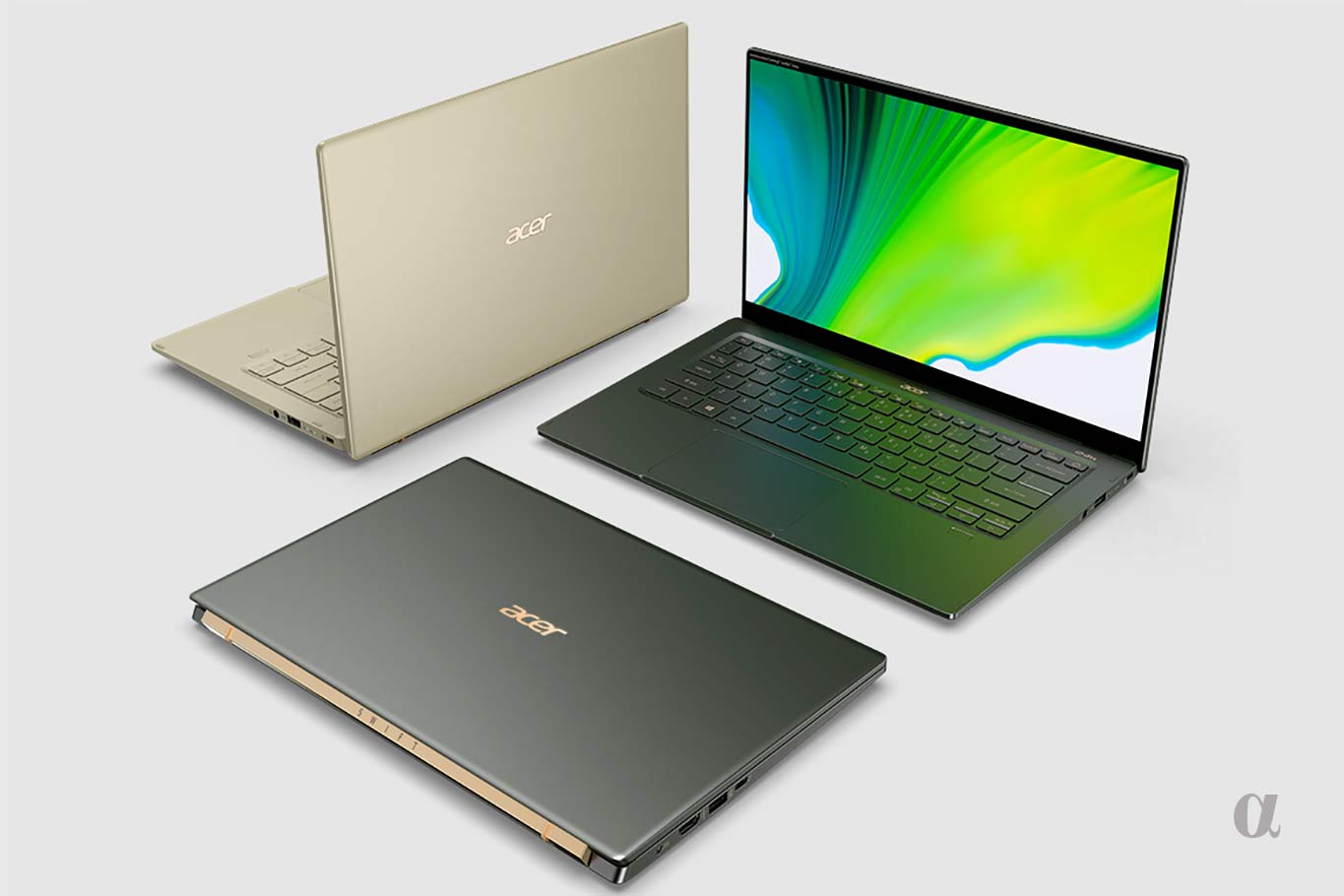
The Acer Swift 5 outclasses our previous best laptops for computer science students with its next-gen i7 CPU, a rich-colored touchscreen, and plenty of SSD storage and RAM. The executive, elegant design is no doubt the icing on the cake.
- Price Range: Less than $910
- CPU: Intel Core i7-1165G7
- RAM: 16GB DDR4
- Storage: 1TB SSD
- Battery Life:9-10 hrs. of higher workloads, 15 hrs. watching videos only
CPU & RAM
Having a reliable CPU is essential to streamlining your coding assignments and projects. The Acer Swift 5 ticks this box with its powerful i7-1165G7 processor, allowing you to compile, run, debug your programs and even do some Arduino programming.
With 16GB of RAM, the Acer Swift 5 is perfect for developing IoT applications during your advanced coursework. This laptop will also breeze through your object-orientated programming lessons in C++ and help you dive into algorithm design and analysis.
Storage & Battery
The Acer Swift 5 surpasses our previous best laptops for computer science majors by packing a 1TB SSD. Such a beefy solid-state drive will run anywhere from 3-4 times faster than a hard disk while booting up and accessing big local files.
You’ll be surprised to know that solid-state hard drives significantly impact compiler performance when other programs hog your whole RAM. Even if you carefully manage your RAM, you’ll still notice an overall speedier experience whenever you work with your local SSD files.
Important Considerations
The Acer Swift 5 has a 14-inch touchscreen monitor with an IPS display that excels in color accuracy. Graphic designers prefer these monitors because they offer consistent colors at a wide range of viewing angles, which means you’ll be able to perceive a broader range of colors while watching videos, movies, or playing some games in your spare time.
Furthermore, the Acer Swift 5 monitor is well supported by an Iris Xe graphics card, so your code will always look crisp-clear even if you lower the brightness. You’ll also enjoy that scrolling smoothness that only fast response monitors deliver. Plus, if you’re a fan of dual monitor setups, the Iris Xe GPU of the Acer Swift will give you excellent video output on your dorm desk’s main screen.
The Best Mac Laptop for Computer Science Students: The MacBook Air 13.6
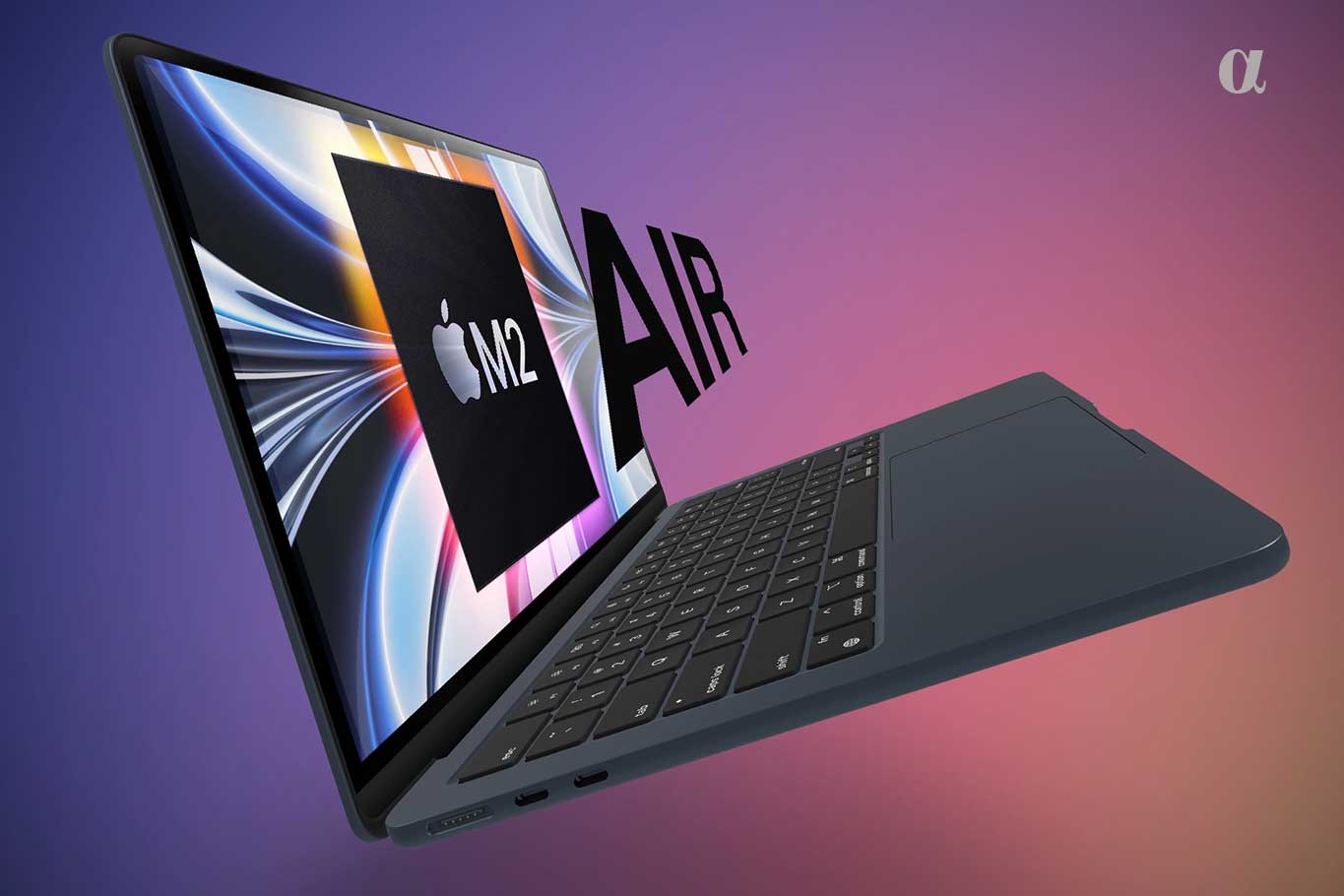
- Price Range: Less than $1200
- CPU: M2 Chip
- RAM: 8GB DDR4
- Storage: 256 GB SSD (Expandable to 512 GB)
- Battery Life:15-18 hrs. of intense workloads
The MacBook Air 13.6 is the long-awaited evolution of its successful 2020 predecessor and one of the best Mac laptops for computer science students. This model finally introduces the mighty M2 Chip into a thinner and lighter body that preserves Apple products’ outstanding heat diffusion and battery-life qualities.
Best Buy offers a payment plan to help students get this incredible piece of hardware in their hands. By the by, forget about getting an M1 model to save a couple of hundred bucks. With the MacBook Air 13.6, you’re making a worthwhile investment that can face pretty much anything your CompSci degree throws your way.
CPU & RAM
The M2 delivers +20% CPU speed and about +40% GPU and neural engine speed over its M1 predecessor. The latest M2 chip of the MacBook Pro is well known for its outstanding efficiency, keeping its heat footprint low while you breeze through graphics-intensive tasks or do some front-end and back-end web development.
The M2 chip is exceedingly good for multitasking and keeping several apps running simultaneously. You’ll be able to run Homebrew, iTerms2, and Visual Studio Code without a hitch while exploring the world on Google Earth, giving Siri commands, or doing some cool drawings on SketchBook.
In typical Apple fashion, the M2 chip is supported by 8GB of RAM. Even though this number would be a little basic for a Windows laptop, for the MacBook Air, this is plenty enough. Apple units don’t need to copy data from one component to another, so their chips effectively maximize their RAM capability.
With the MacBook Air 13.6, you’re guaranteed a streamlined multitasking experience that only the best laptops for engineering students can deliver.
Storage & Battery
This MacBook Air model comes with 256 GB, but you can take it at a 512GB capacity on both BestBuy and the Apple store (it all depends on your budget). 256 GB easily covers your work app and OS needs, but it might be limited if you want to keep tons of local files at the ready.
Furthermore, Upgrading Mac components can get pricey, which is why we dedicated a whole section down below with some superb, Apple-approved storage add-ons that won’t break this notebook’s elegant aesthetic.
Apple has mastered the science of battery life for each product, and this MacBook Air is no exception to that rule. In fact, this fantastic piece of hardware takes the bar even higher, surpassing its M1 predecessor by offering more than 20 hours of autonomy and up to 18 hours of resource-intensive workloads!
Important Considerations
The MacBook Air 13.6 bring some additional improvements that its M1 predecessor lacked. For instance, its webcam introduces a 1080p recording with better low-light performance that helps you look your best during school-related meetings and presentations.
Even though this MacBook is already one of the best laptops for engineering students, Apple decided to include some MagSafe support for fast charging, fully utilizing the notebook’s 67W charger to refill your battery anytime. You can charge up to 50% of your laptop’s battery in only 30 minutes, allowing you to tackle a day of classes, even if you forgot to plug it in before bed!
Plus, if you’re into video editing or digital artwork, you’ll find that this laptop is truly second to none. Doing some creative work on Autodesk Sketchbook, Krita or Inkspace is a fun, liberating experience thanks to the MacBook Air’s premium feel. You can adjust your monitor’s brightness levels if you want to work in outdoor spaces around campus.
MacBook Pro Alternative for CompSci Students: The Lenovo Legion 5
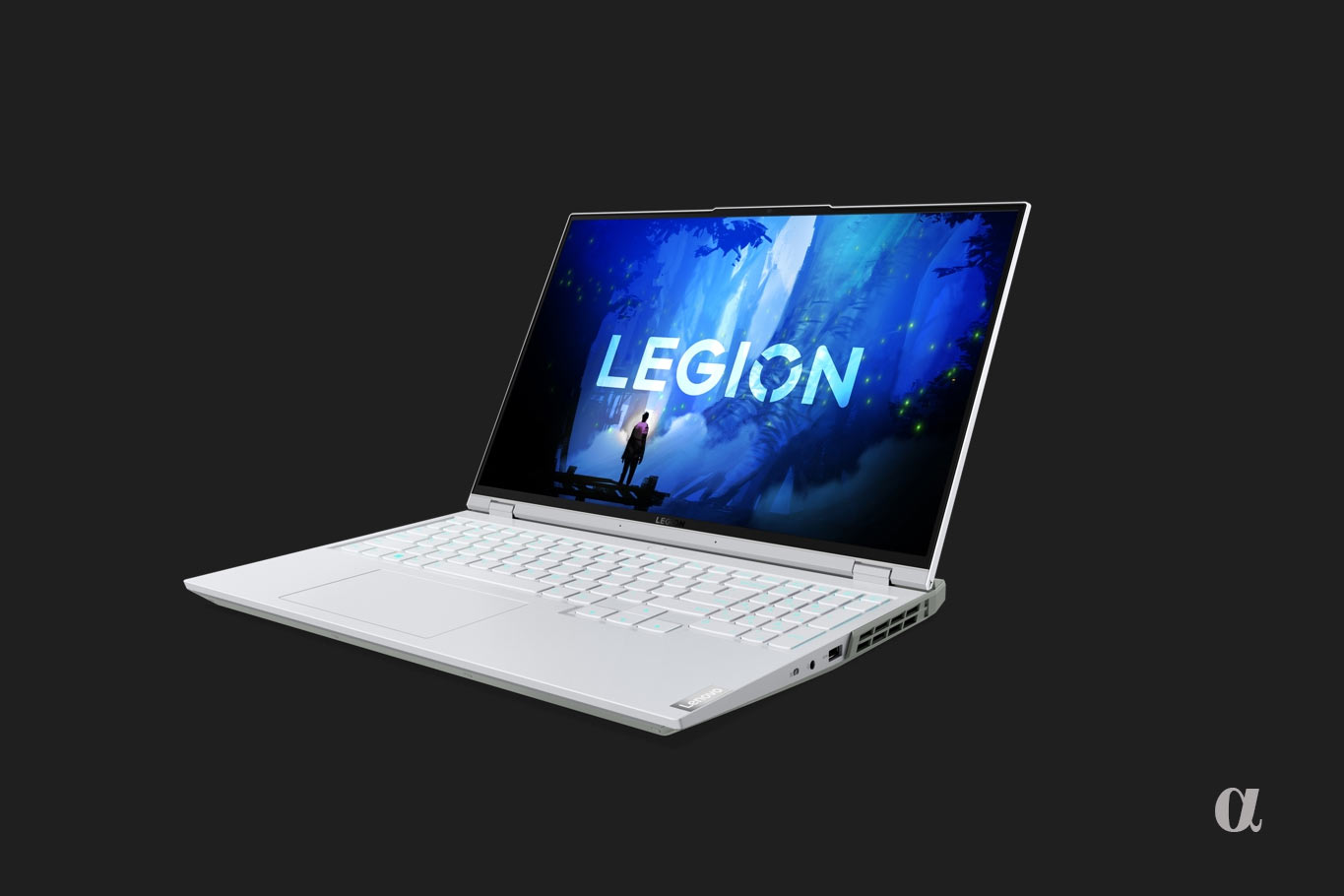
- Price Range: Less than $1100
- CPU: AMD Ryzen 5 5600H
- RAM: 32GB DDR4
- Storage: 512 GB SSD
- Battery Life:9-10 hrs. of higher workloads or 15 hrs. watching videos only
The Lenovo Legion 5 is a budget-friendly, potent alternative to a MacBook Pro. The Lenovo Legion outperforms most high-end business notebook models on the market by offering an impressive amount of RAM, a super-efficient CPU, and many quality-of-life features such as longer battery life, better keyboards, and display quality.
CPU & RAM
Why do we consider the Legion 5 a reliable MacBook Pro Alternative? The answer is simple: its Ryzen 5 CPU, 32 GB of RAM, and powerful NVIDIA GeForce RTX 3050 GPU perfectly synergize to avoid performance bottlenecks. You get to seamlessly run multiple virtual machines during work hours and run your favorite games at high FPS during your free time.
With the Legion 5, you can efficiently run up to 5 docker containers alongside several virtual machines while browsing Github, reading some local API docs, or checking Stackoverflow threads. You can even do some lag-free web development on Chrome if needed!
Storage & Battery
Arithmetic knows no mercy: 1 TB means having 4x more storage capacity than traditional 256 GB SSD laptops. With the Legion 5, you get more than enough space to have several OS, run your work apps locally, and keep lots of libraries and critical work files at the ready without compromising that 10%-20% free space threshold.
Important Considerations
A smooth, responsive keyboard will turn any mundane coding session into a premium experience. One of the most underrated features of gaming laptops is their high-quality, responsive keyboard designs. The Legion 5 lives up to gaming laptop’s reputation and presents a fully ergonomic, smooth-to-the-touch keyboard layout that you’ll love to use. The customizable backlit keyboard setting is also perfect for those late-night coding sessions you’ll have throughout your career!
The Legion 5 NVIDIA GeForce RTX 3050 isn’t just an added benefit for gaming sessions. It also provides a high data throughput that can push vast volumes of processed data through a workload, speeding up specific tasks beyond what a CPU can handle and significantly helping with Machine Learning tasks.
Furthermore, your eyes will appreciate an HD display with an outstanding resolution. With this MacBook Pro alternative, you’ll get a 1920×1080 resolution through a richly-colored LG IPS panel that offers a 165Hz refresh rate. You’ll have a blast setting up a dual or triple monitor setup (count your Legion’s monitor as one of them) in your dorm or while visiting back home!
The Best Laptop for Computer Science Students Accessories
Just like in our piece on the Best Laptops for Remote Work, ee put together a list of laptop add-ons that can help you maximize (or compensate) your notebook’s capabilities. From additional storage space, better heat management, and extended battery life, these cost-effective solutions can make a big difference as you further develop your skills.
The Razer Mamba and Orochi Wireless Mouse
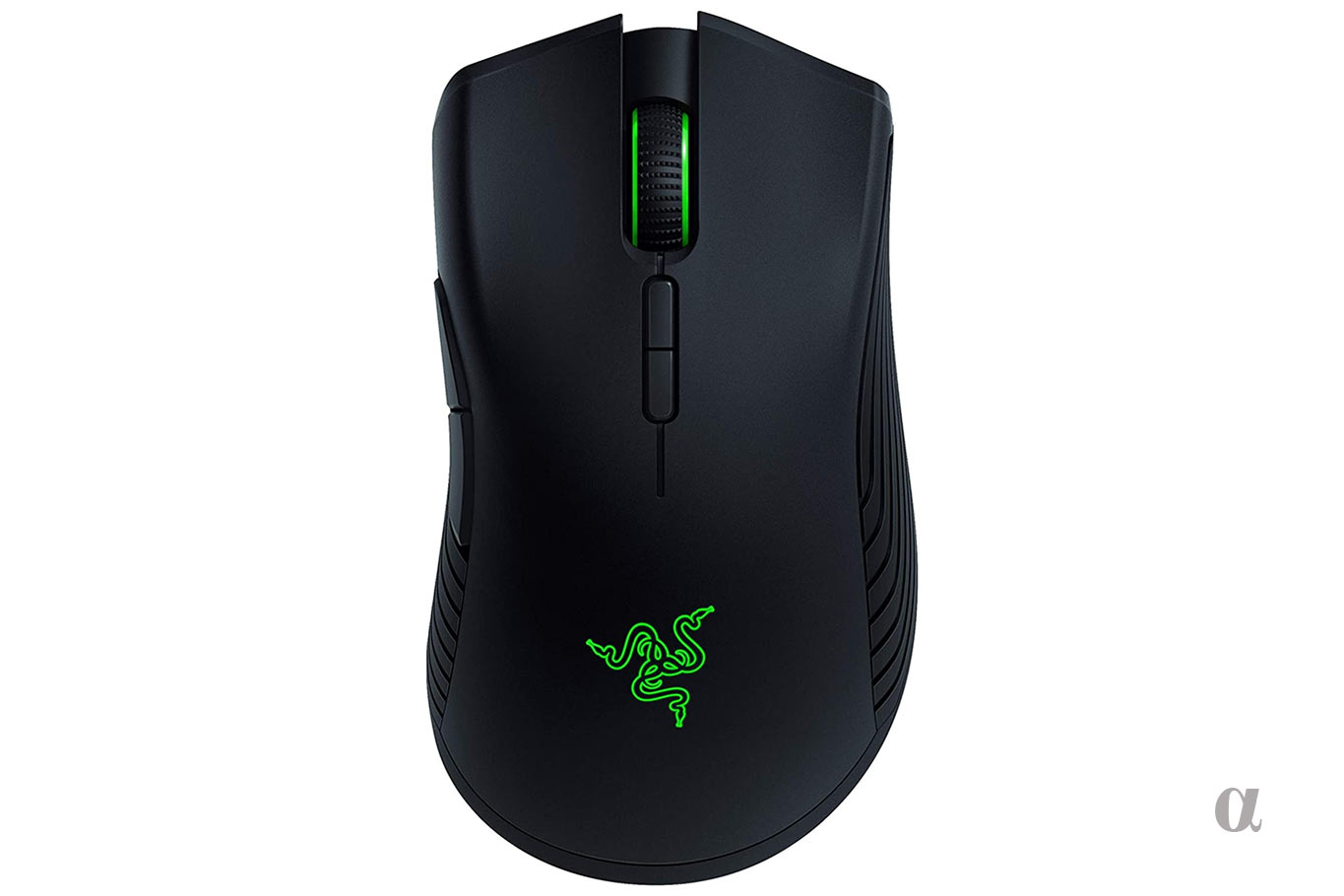
The Razer Mamba uses Bluetooth 6 technology to solve the lag and input issues you’ll likely experience with built-in trackpads. Depending on your surroundings, you can use this ergonomic and highly portable mouse in wired or wireless mode. Both are extraordinarily responsive and suffer from zero lag input!
The Mamba’s hump is not as pronounced as other models, making it ideal for claw and palm grips. Given that the sides are pretty straight, this wireless mouse is perfect for those with smaller hands too!
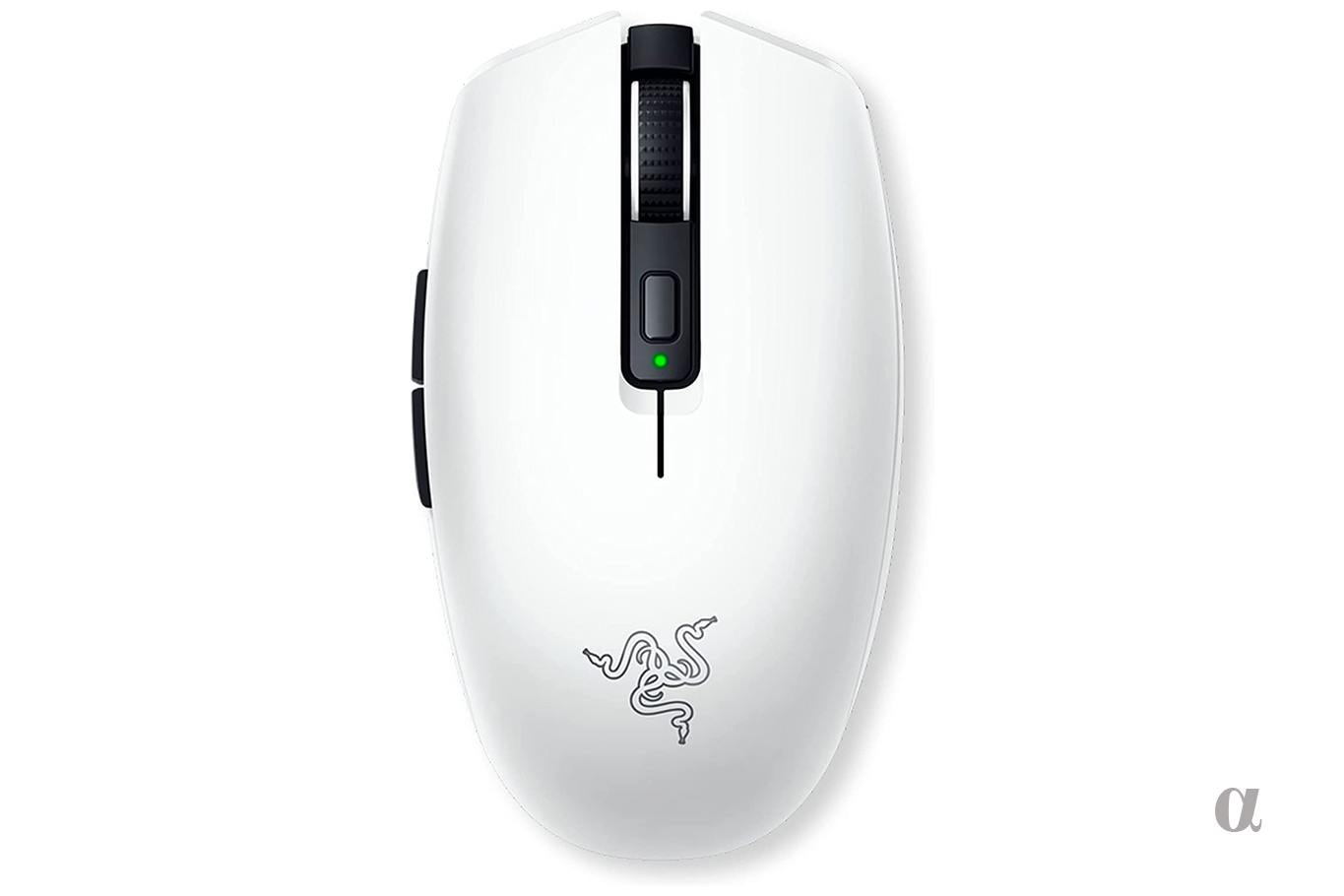
Suppose you prefer something with more of an Apple aesthetic. In that case, the Razer Orochi can provide the same level of comfort as our previous suggestion while keeping that modern, luminous look that Apple products are known for.
The Targus Cooling Pad
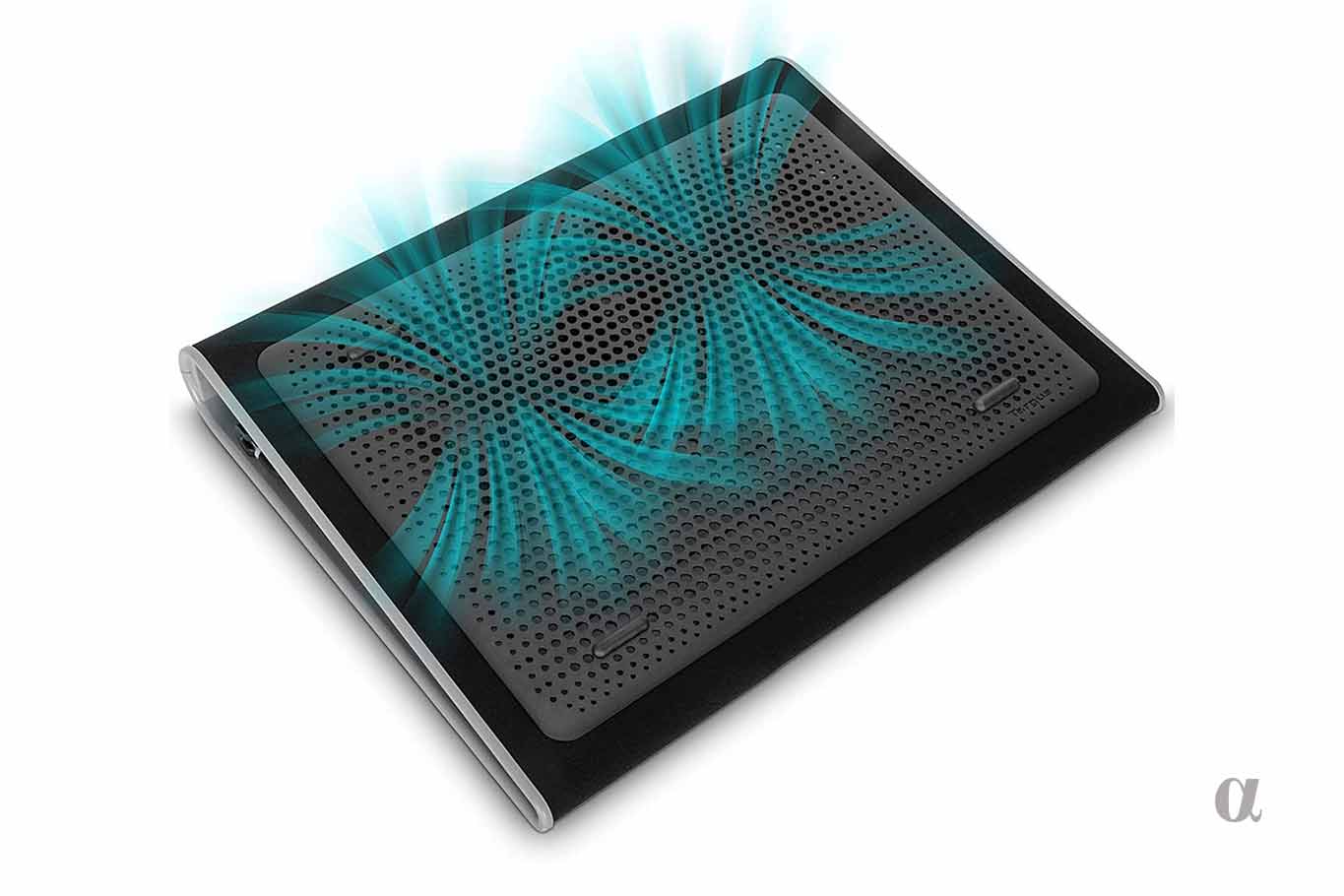
Laptop overheating affects performance, your hardware’s service life and can turn your work experience into an uncomfortable nightmare. Thankfully, this Targus Cooling pad is a budget-friendly but effective solution designed for notebooks (even MacBooks) up to 17″ in size.
This cooling pad serves as a platform that increases your laptop’s airflow through a couple of big, silent fans that promote air circulation. You can set this cooling pad on your lap if you’re working from your couch, or on a flat surface, and you’re good to go!
The MAXOAK Power Bank
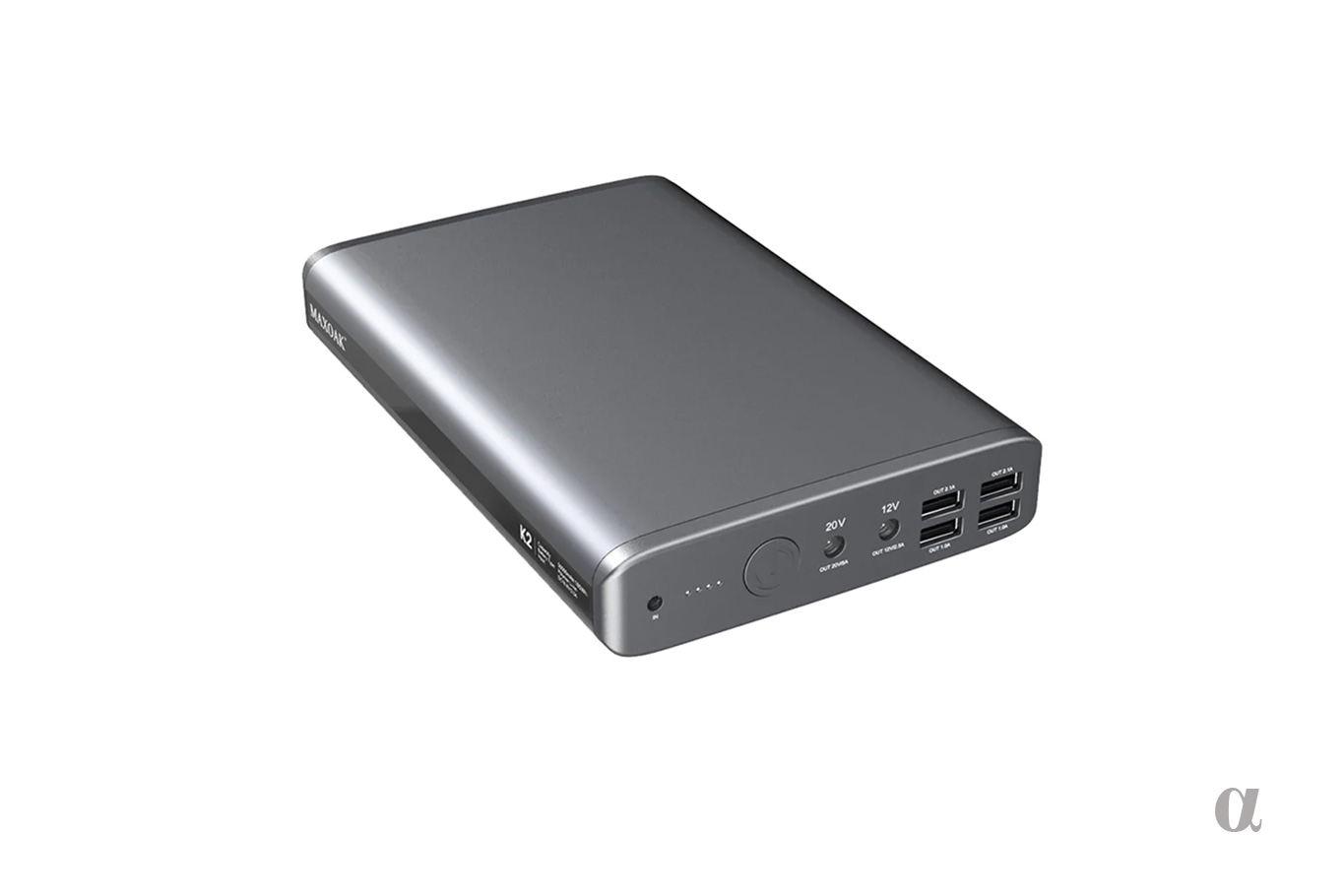
Having a portable and beefy power bank can add a lot of quality of life to your student and professional life and may even be a lifesaver during emergencies. The MAXOAK power bank stores enough battery to significantly expand your laptop’s charging cycle while keeping your smartphone, wireless mouse, tablet, and Bluetooth devices fully charged wherever you go.
It’s slim enough to carry inside minimalist backpacks, messenger bags, and duffle bags. All in all, this power bank is a fantastic add-on for any laptop that struggles with battery life and energy efficiency. Just remember to recharge your power bank once a week!
External Hard Drives
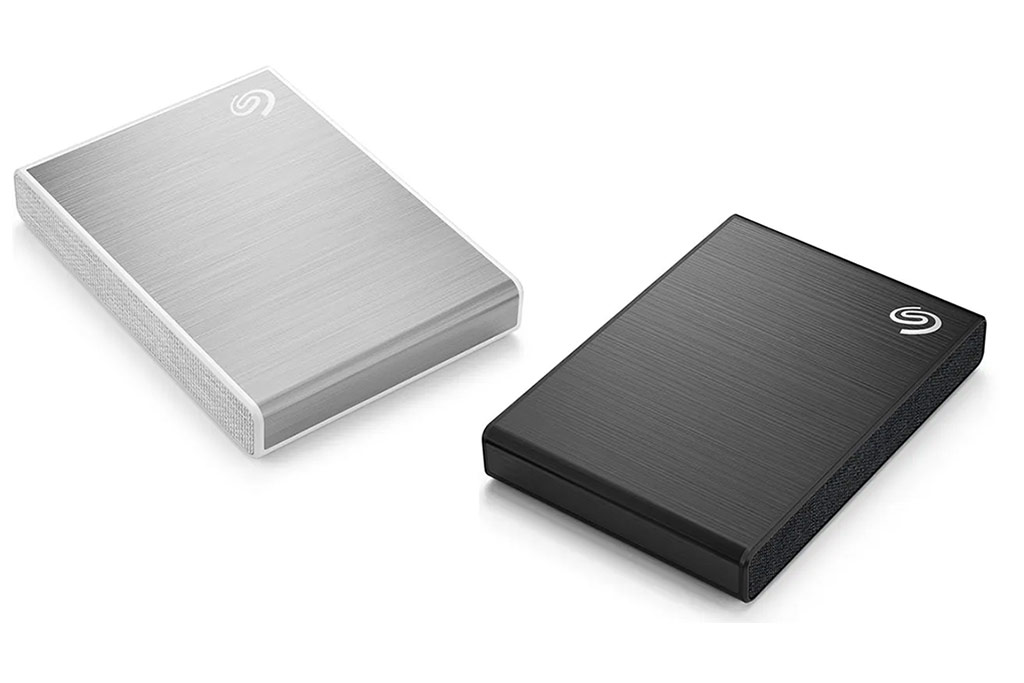
Storing lots of videos, pictures, music, and non-critical work documents can make any SSD beneath the 1TB mark seem limited. An External HD such as this Seagate External Hard Drive can free your primary SSD from large files, non-essential applications, and games.
Laptop Pouch
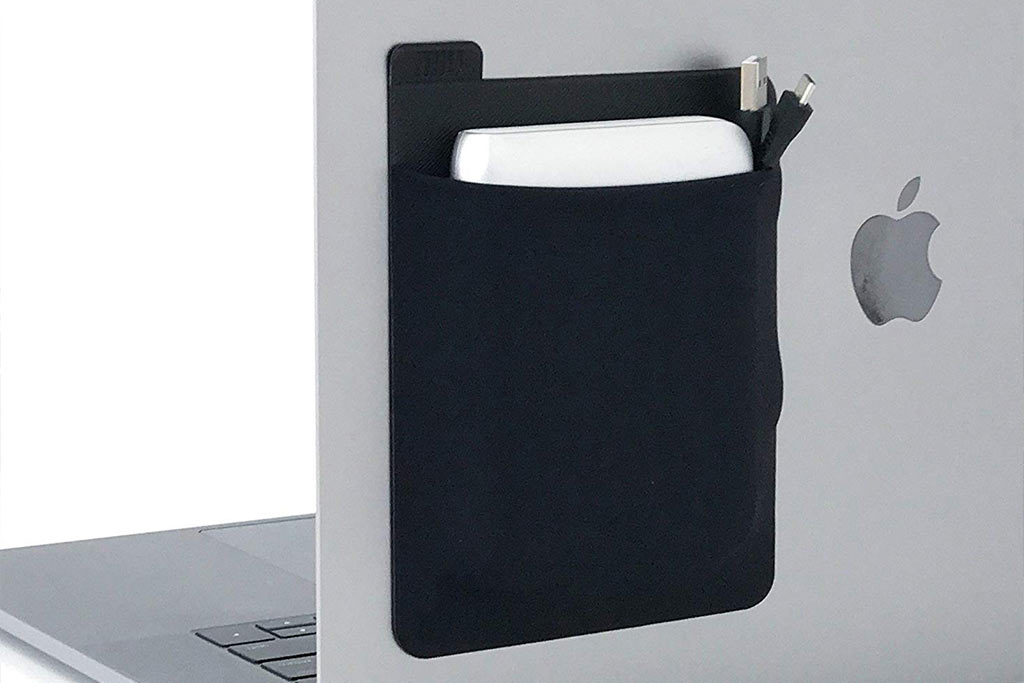
The Warteles Pouch is an elegant add-on that keeps your External Hard Drive safely connected and prevents you from misplacing it in libraries or coffee shops. It’sIt’s a great minimalist complement for a wireless mouse and other tech essentials you regularly carry around.
USB 3.0 Hubs
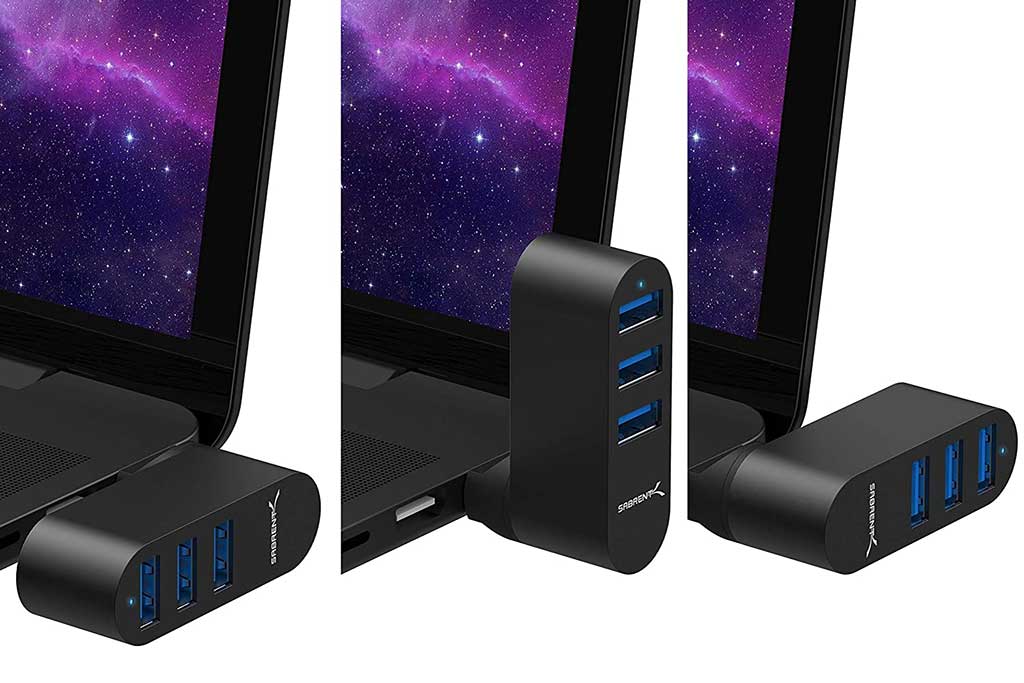
The Sabrent Hub not only gives you triples the amount of 3.0 ports through a single plug, but it also spares you the headache of dealing with flimsy cable connections. This game-changing gadget also works on car panels and big TVs, which is great!
External Hard Drive and Sleeves for MacOS
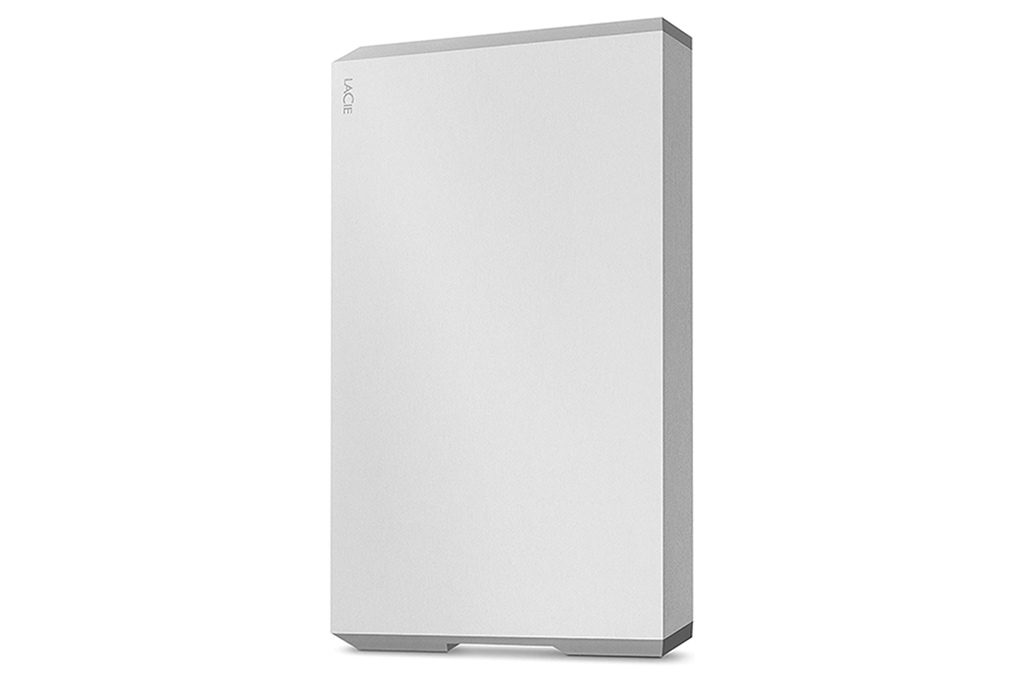
We feel the LaCie ExtHD is an outstanding accessory for any MacBook simply because it matches Apple products’ iconic aesthetic at a great price. Some LaCie models go up to 5TB in space and are perfectly compatible with other laptops, thanks to their USB-C port.
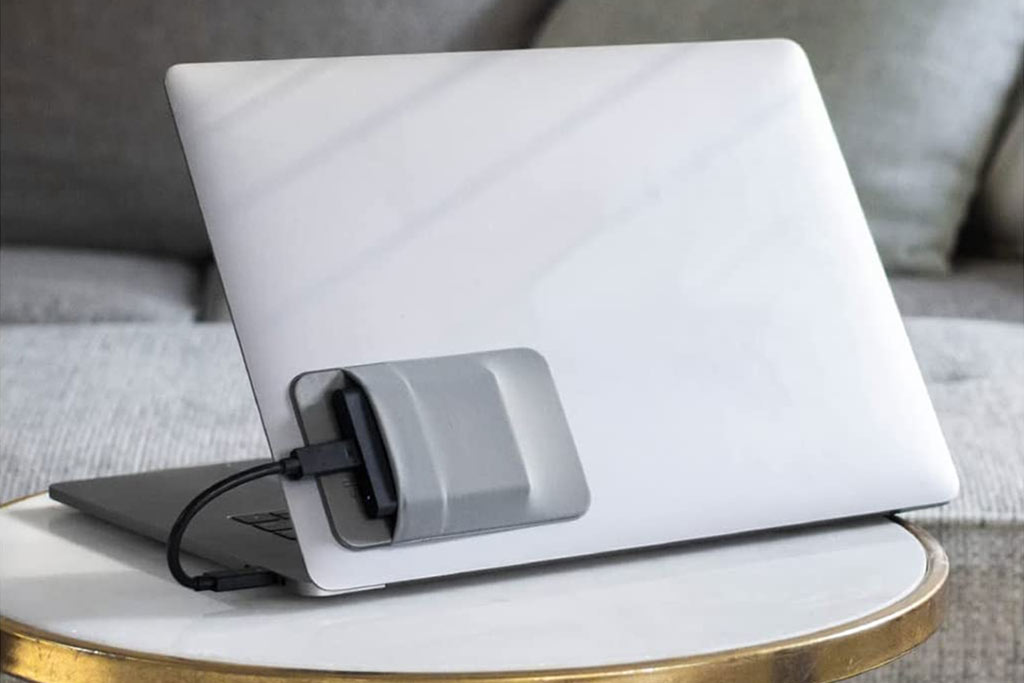
The Slipdrive sleeve fulfills the same function as our previously mentioned Warteles pouch. This adhesive sleeve conveniently carries a LaCie HD behind your MacBook’s monitor, effectively decluttering your workspace. It also guarantees that your programmer toolkit remains aesthetically cohesive!
Windows-Linux-Mac Considerations
The best Laptops for Computer Science students will always allow you to boot any OS, be it macOS, Linux, or Windows. However, we’d like to briefly touch on the pros and cons of each OS as you weigh your notebook options.
On macOS
The advantage of macOS is that it is a UNIX-based system, and computer science courses are mainly taught in it. You can also install Windows on a Mac using either Virtual Machine or Oracle, and it will run as it would on a native Windows computer. Mac systems rarely suffer from sudden shutdowns and have a super-friendly user interface.
If you’re a bit ahead on your CompSci degree and focusing on code for native apple applications, definitely go with a MacBook. On the other hand, Apple products are pricier than their counterparts from other brands, so if your budget is a bit constrained, there are plenty of other options to consider.
On Windows
With a Windows system, you can set up a dual boot to use your notebook in both Windows and macOS for the UNIX system you’ll need for your classes. Alternatively, you can set up a virtual machine for quick access to any of these systems as long as you have enough storage and RAM on your laptop.
Given its widespread use, almost every software runs seamlessly on Windows. Most programs are compatible because almost everything is designed with Windows, making this OS super versatile (not to mention Windows is better for gaming).
On Linux
Running Linux on your laptop is also an excellent choice. This OS gives you complete control of your laptop and a lot of software that can run from the cloud using Linux. Storage-wise, you’ll only need about 20 GB for a Linux root and filesystem, while Windows takes between 32 to 40gb of space.
But perhaps one of the most important things about running Linux on your laptop is that its package manager is a godsend for programmers in terms of efficiency. This operating system significantly improves your programming workflow on every boot, making it an all-time favorite amongst coders.
Furthermore, Linux is an open-source OS, meaning anyone can closely inspect the system’s source code. Open-source operating systems allow anyone to find vulnerabilities in their code and quickly fix them. Linux’s vast community actively seeks to strengthen and optimize its inner workings and overall security.
Closing Words
Regardless of your preference on operating systems, we hope this list of the best laptops for computer science students gives you plenty of budget flexibility without cutting corners on key hardware components and ease-of-use features!


